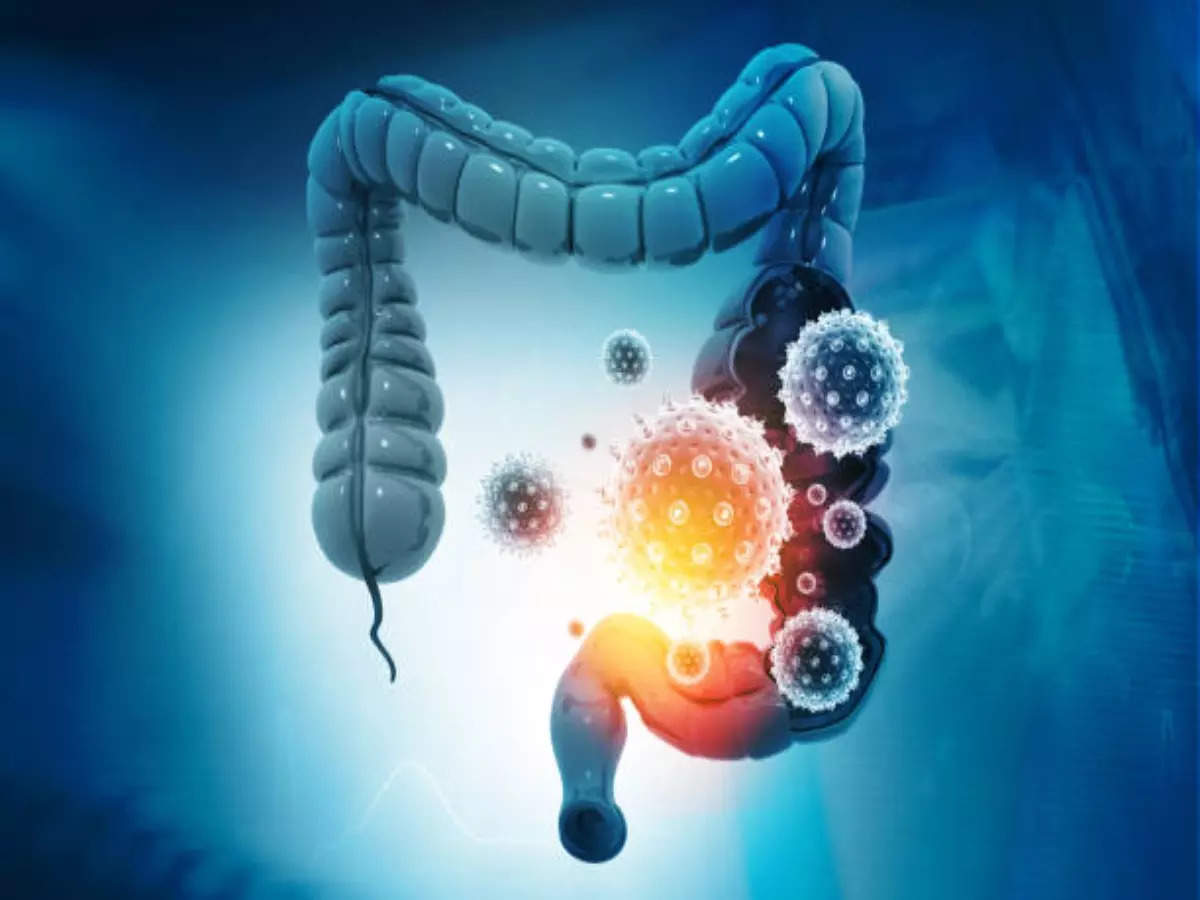Research suggests that a toddler’s gut bacteria may foretell whether they will become obese as adults.

Based on a study that was led by Gaël Toubon from the Université Sorbonne Paris, the researchers believe that the gut bacteria of a toddler may predict their risk of being overweight later in life.
The research included examining the data from 512 infants who were enrolled in a study that followed the lives of 18,000 children born in France.
The study involved observing the Body Mass Index (BMI) of participants between the ages of two and five. The subject’s stools were sampled when they were about three and a half years old, and the researchers discovered a correlation between BMI score at age five and the ratio of two types of gut bacteria (Firmicutes to Bacteroidetes) that were in direct connection linked to obesity. Usually, if an individual has a high abundance of Bacteroidetes in their gut then they are less likely to be obese.
Importance of Gut Health
The gut or gastrointestinal tract, is a part of our digestive system that runs from the mouth to the anus, and its major concern is to ensure that all the essential and beneficial nutrients are absorbed from the meals and used for providing energy as well as for growth and repair of the body.

This function of the gut is greatly aided by the gut microbiota, the trillions of microbes living in the gut. These gut bacteria that help in breaking down the food and digesting it, grow and change during the initial months and years of life.
However, if the development of the gut microbiome is disrupted it can lead to various severe conditions at a later stage in life such as type 1 diabetes, inflammatory bowel disease (IBD), and childhood obesity.
The greater prevalence of three bacterial categories – Eubacterium hallii group, Fusicatenibacter, and Eubacterium ventriosum group were recognized as a risk factor for a higher BMI score.
Link between Gut Health and Obesity
The findings which were presented at the European Congress of Obesity, also revealed variations in the types of bacteria that colonize the gut of obese adults, indicating that changes in the gut microbiota that predispose individuals to adult obesity begin early in childhood.
The reason for these gut bacteria having an impact on our weight is because they control the amount of fat absorbed by us, explained Toubon. The children that have a higher Firmicutes to Bacteroidetes ratio, will absorb more calories and thus will likely put on more weight.

These results imply that in the case of gut microbiota, along with the question of which bacterial species is involved the question of what function they are performing is also crucial.
According to Toubon, the gut microbiota is gradually emerging as a significant early-life component that has the ability to affect weight gain in childhood as well as at later stages in life.
The findings of this study showed how an imbalance in various bacterial groups may play a vital role in the emergence and development of obesity.
Looking forward
Additional studies are required to go deeper into the specific bacterial species that may have an impact on influencing risk and protection as well as to better understand when exactly the shift to an obesity-friendly gut microbiota may occur. This may greatly help in devising possible interventions at the most appropriate time.
Gut health is largely seen as a key indicator of obesity and general well-being. Previous research has demonstrated that the bacterial species that aid in the digestion of food and colonize the gut vary in the case of lean and obese individuals.













